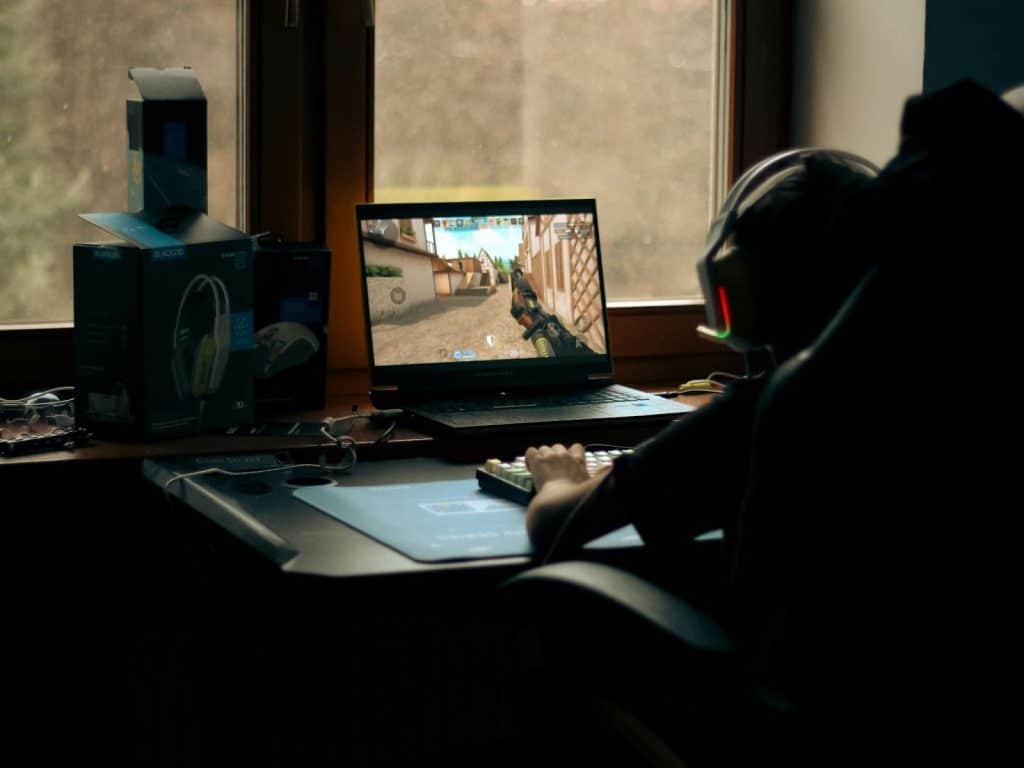
Not every game that changes a man’s life ends up on a top 10 list. Sometimes it’s the quiet ones, the games with just enough story, challenge, or vibe to feel like a soft place to land after a hard day. These aren’t blockbusters or bestsellers, but they stuck with people because they offered calm in chaos, purpose in routine, or even just a reason to keep going. Whether it’s nostalgia, community, or a personal connection, these 11 underrated games helped men through moments they don’t always talk about. And that’s exactly why they matter.
Firewatch
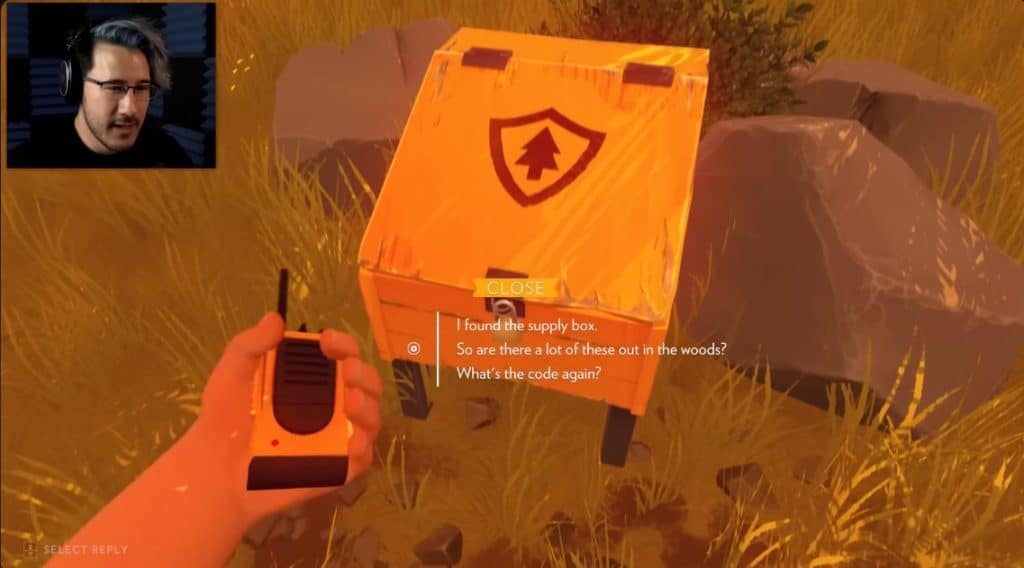
This first-person narrative game places players in the Wyoming wilderness with nothing but a walkie-talkie connection to another lonely soul. On the surface, it’s about a fire lookout watching for danger. Underneath, it’s about grief, avoidance, and the strange intimacy of talking to someone you can’t see. Men who played this often remember the emotional weight of the silence between transmissions. It didn’t need explosions to hit hard, it just needed honesty.
Journey
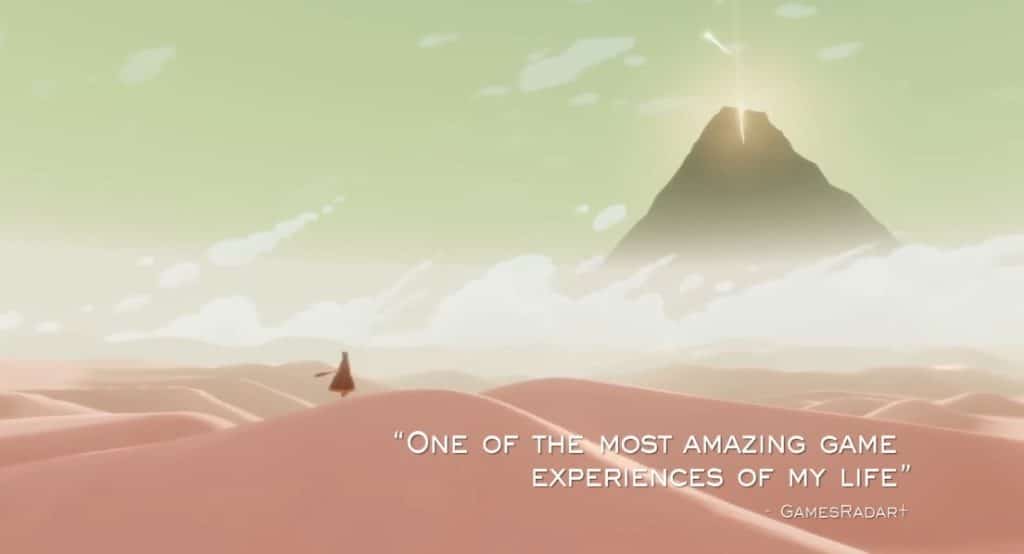
No words. No scoreboards. Just a robed figure in a vast desert heading toward a distant light. The journey was short, but it felt sacred. It connected players with strangers who couldn’t speak, only help or walk beside each other. For men who didn’t want to explain how they felt, this game did the talking for them. A reminder that healing doesn’t always need words.
Night in the Woods
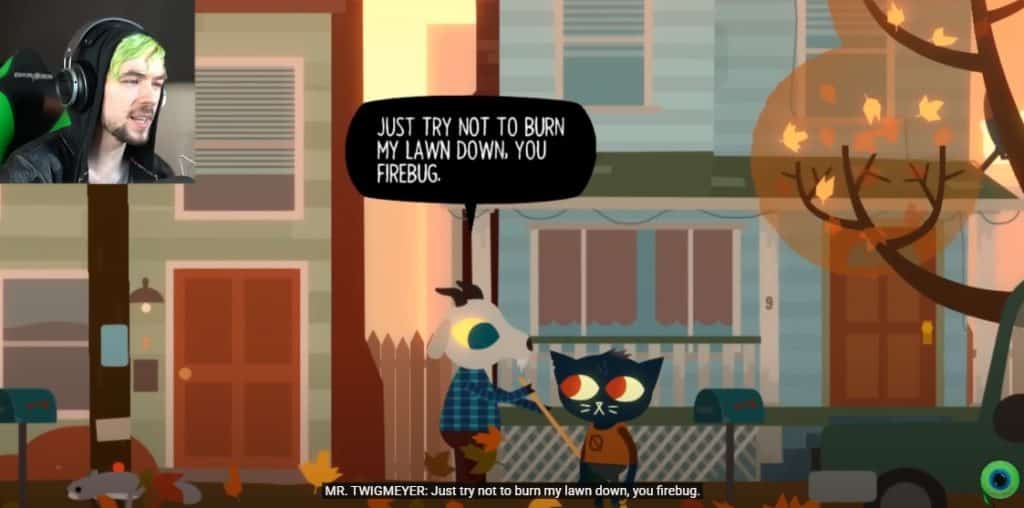
A talking cat might not seem relatable, but Night in the Woods understood mental health better than most people do. It tackled anxiety, aimlessness, and the tension of returning home when life hasn’t gone as planned. The characters felt painfully real, young adults stuck between ambition and burnout. For men in their 20s, this game quietly said, “Yeah, it’s okay to not have it all figured out.”
Spec Ops: The Line
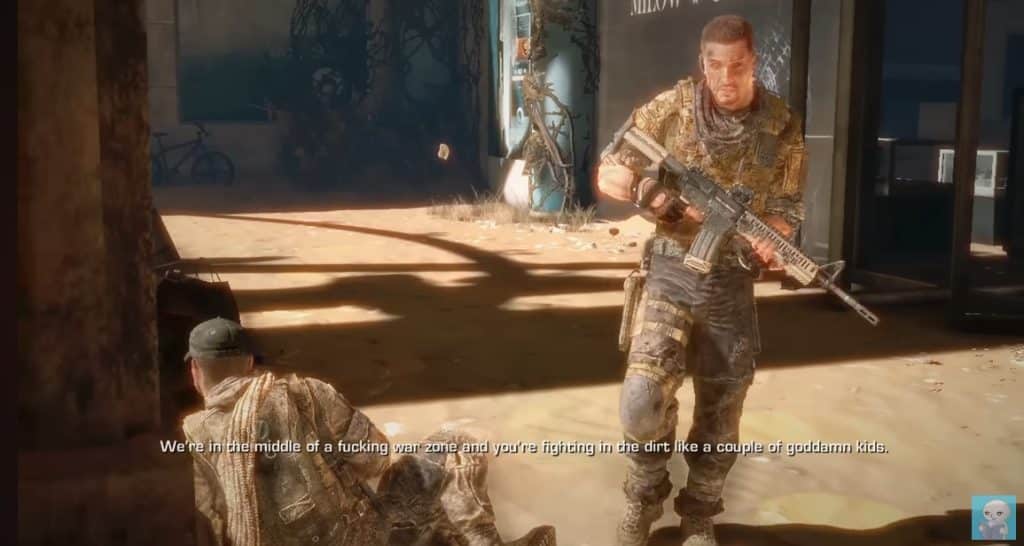
Marketed as a typical military shooter, Spec Ops took a sharp turn into psychological breakdown and moral ambiguity. It wasn’t fun in the traditional sense, it was haunting. But for some men dealing with trauma, it resonated. It asked uncomfortable questions about heroism, violence, and responsibility. Not everyone liked it, but those who needed it… really needed it.
Brothers: A Tale of Two Sons
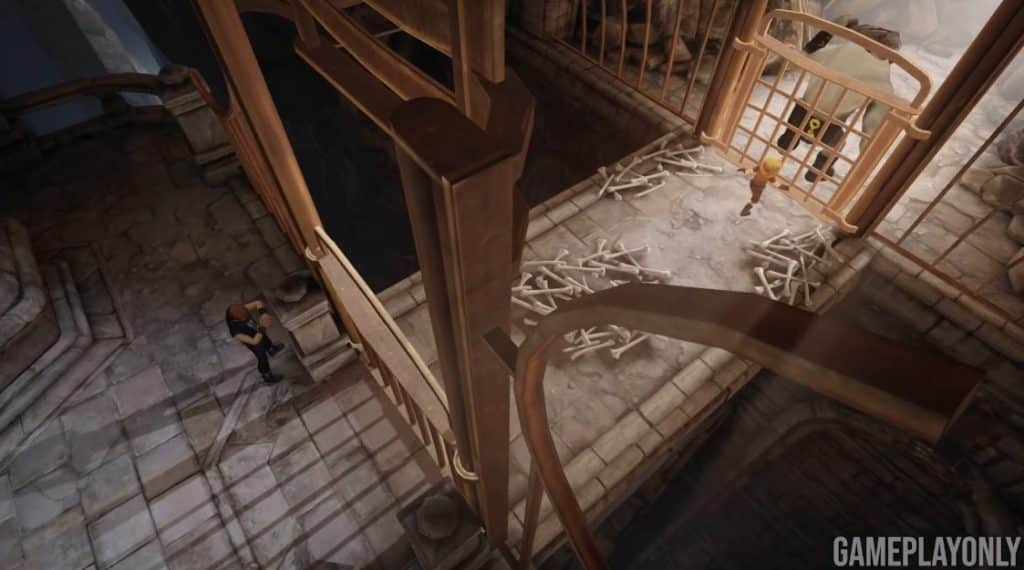
A controller split in two. One hand moves the older brother, the other the younger. No dialogue, just gestures, music, and pure emotion. This game made players feel sibling connection, loss, and growth through gameplay mechanics alone. For men carrying emotional weight from family experiences, it offered a quiet mirror. One that doesn’t preach, only shows.
Celeste

A pixel-perfect platformer that doubles as a metaphor for mental health, Celeste hit deeper than expected. Its main character climbs a mountain that also represents anxiety, fear, and self-doubt. The game is hard, but fair. Each retry feels like a small lesson in resilience. For men wrestling with invisible struggles, Celeste turned effort into something noble.
Oxenfree
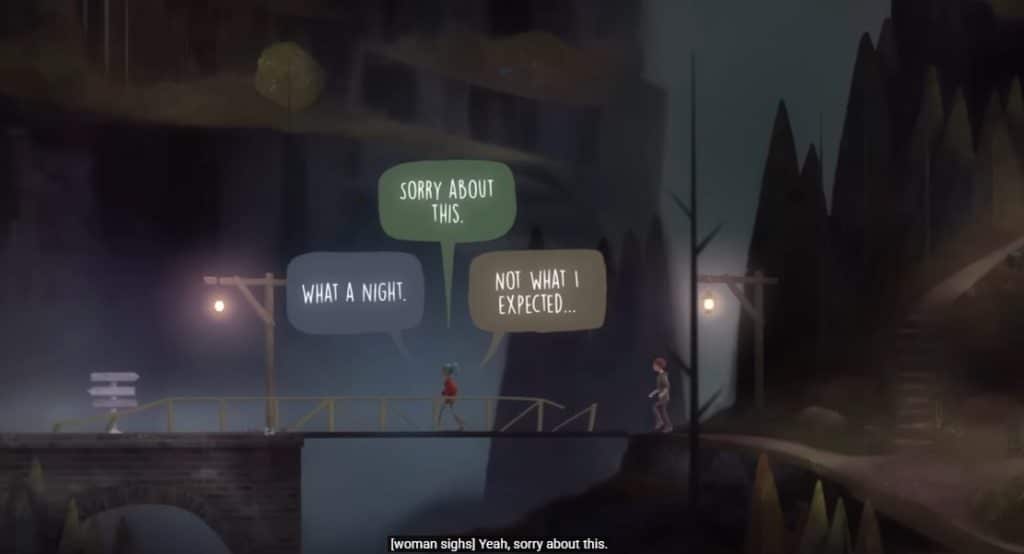
Teenagers on an island. Strange radio frequencies. Supernatural weirdness. But underneath the mystery, Oxenfree is about regret, grief, and the chance to rewrite what haunts you. Its dialogue system was fluid and human, allowing players to express doubt, sarcasm, or quiet hope. For men replaying decisions in their own lives, this game hit home.
Gone Home
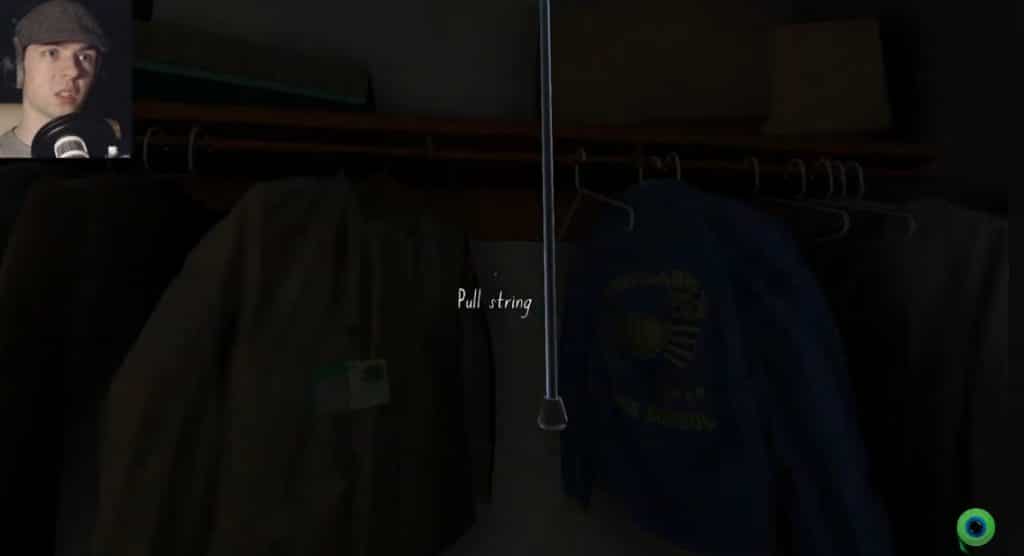
Returning to a family home only to find it empty, and full of secrets. Gone Home wasn’t about combat or puzzles. It was about memory, identity, and the silence of spaces we used to call home. Men who’ve felt distant from their past or disconnected from family found unexpected comfort here. The story unraveled gently, like an old box of letters.
To the Moon
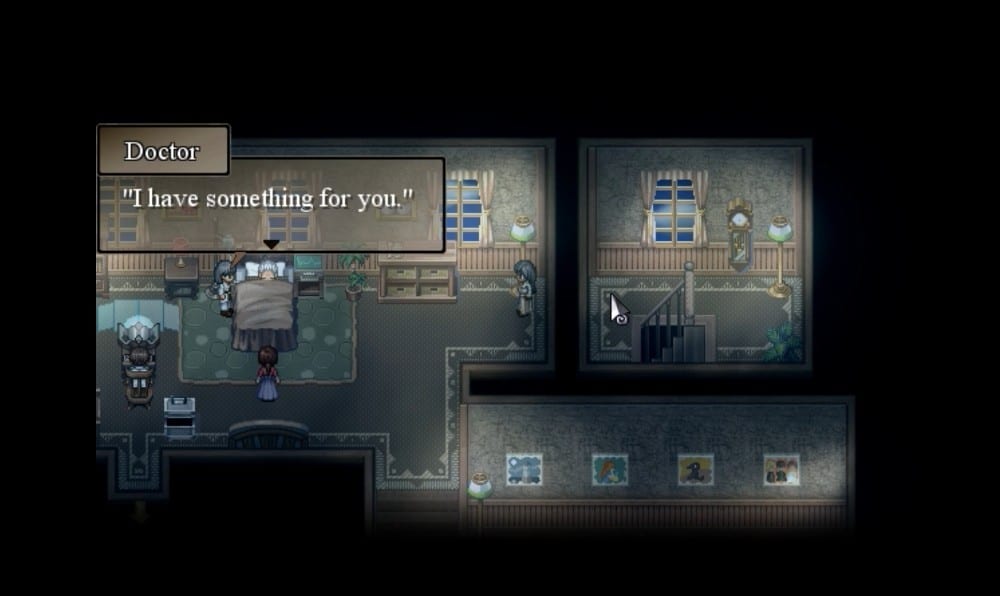
Two doctors travel through a dying man’s memories to grant his final wish. The gameplay was minimal, but the storytelling was unforgettable. Grief, love, memory, and missed chances, To the Moon wrapped it all in music and dialogue that felt raw and personal. For many men, it was the first time a game made them cry. And they didn’t feel weird about it.
Outer Wilds
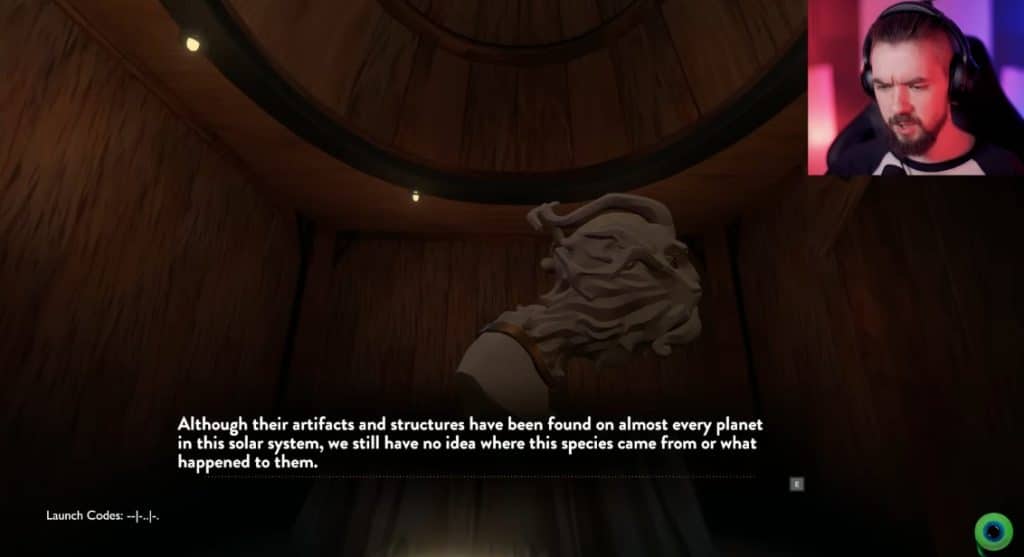
A time loop, a dying sun, and a universe of unanswered questions. Outer Wilds wasn’t about winning, it was about learning. Every failure brought knowledge, and every discovery felt like a spiritual breadcrumb. For men dealing with existential questions, this game was oddly calming. It whispered that curiosity and awe can live beside loss.
When Games Became Safe Spaces
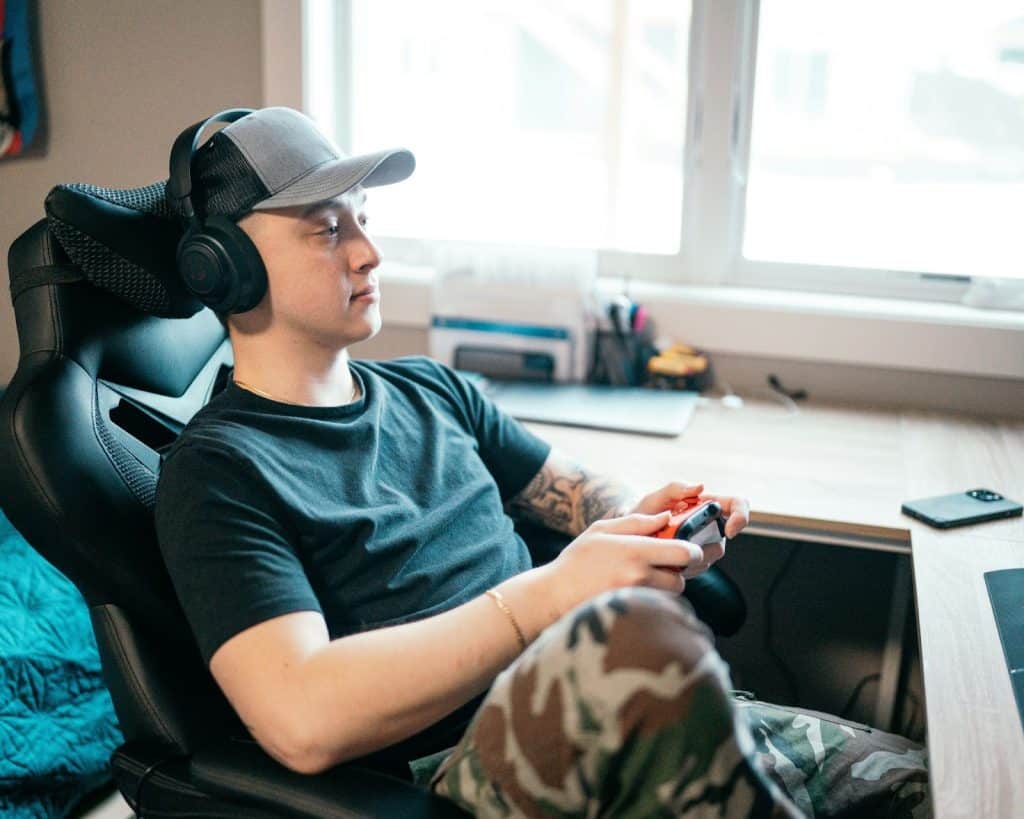
Not every man turns to therapy when life gets hard. Sometimes, it’s a late-night game that offers the most comfort. These underrated titles created emotional safe zones, spaces where players could explore pain, connection, or just breathe. It wasn’t always about “fun.” It was about feeling seen, without having to explain a thing.
The Stories That Stay With You
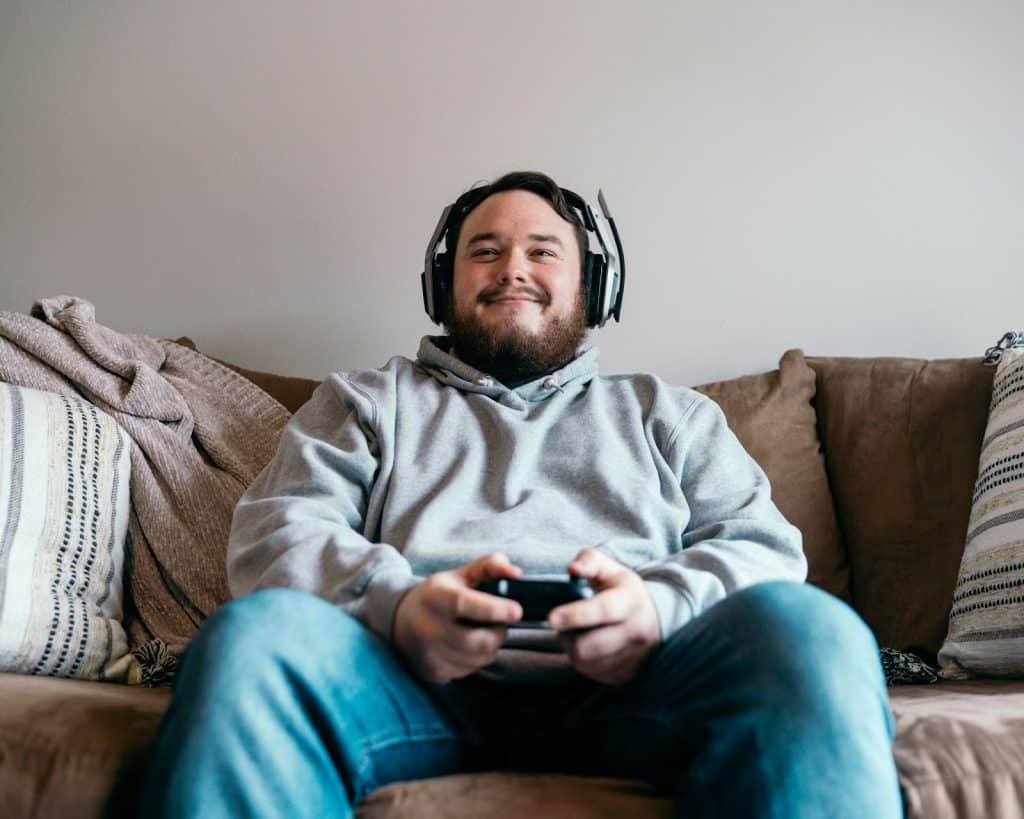
Big-budget games might impress, but it’s these smaller, more personal experiences that linger. Storytelling that doesn’t shout but whispers. Choices that don’t demand perfection but invite reflection. The men who remember these games often say the same thing: “It helped me get through something.”
More Than Just Escapism
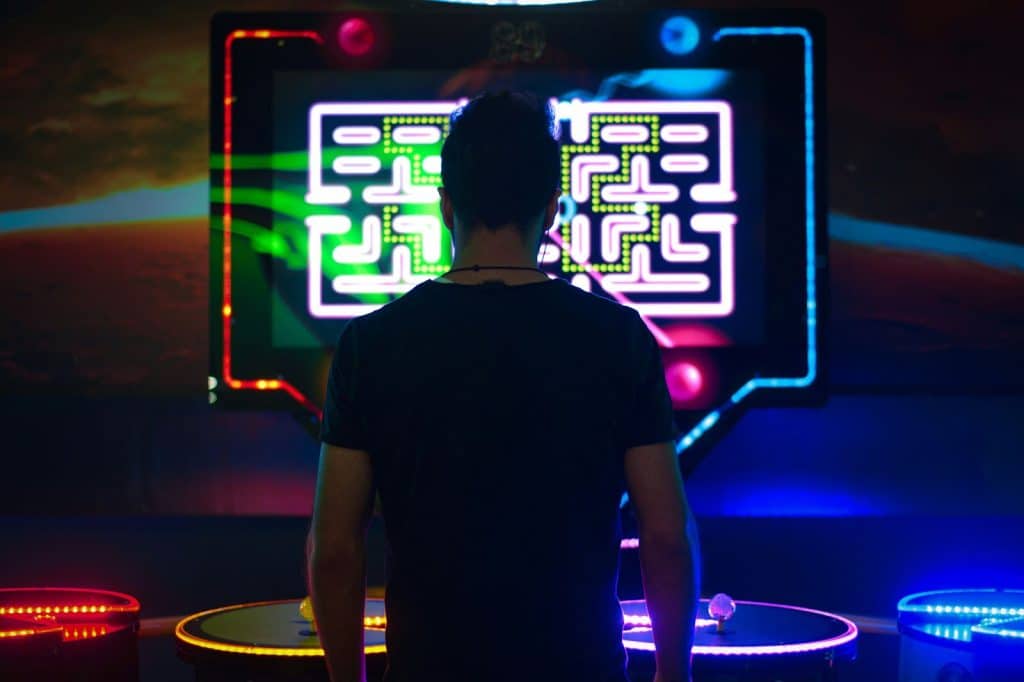
Gaming isn’t just about escaping, it can be a form of self-connection. These 11 games offered more than entertainment. They gave structure to healing, helped process loss, or simply provided a sense of control during chaos. That kind of emotional support shouldn’t be underestimated.
These Games Weren’t Just Played, They Were Felt

The power of an underrated game lies in its timing. The right message, mood, or mechanic, at the right moment, can quietly change someone’s outlook. For men who don’t always have the words, these games spoke volumes. And sometimes, that’s more than enough.






Ask Me Anything